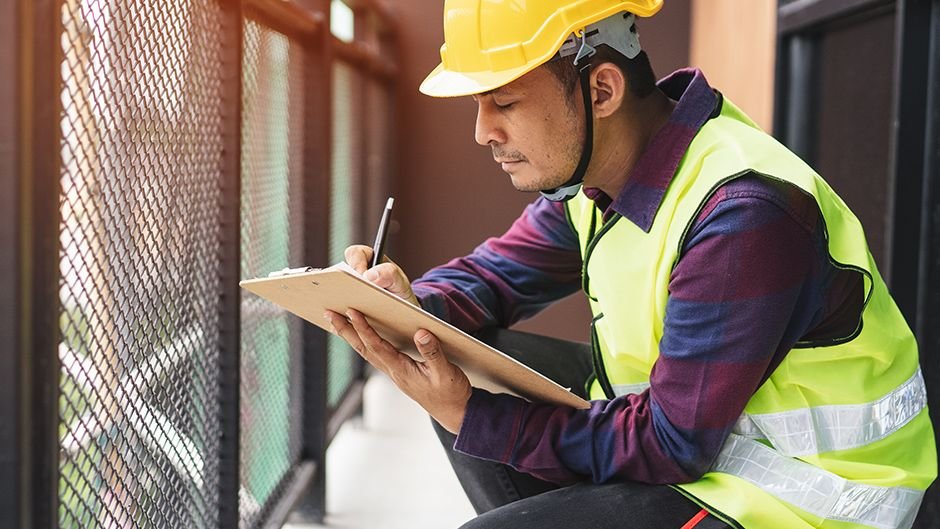Building inspectors are highly trained professionals responsible for assessing and inspecting buildings to ensure they conform to safety, structure, and zoning codes. They play an integral role in any construction or renovation project as they help identify potential problems before they become costly.
A building inspector must be able to spot signs of faulty construction, improper wiring, and dangerous conditions in a home or structure. In most cases, the property owner will hire a building inspector to inspect before purchasing or selling a home. This helps to safeguard against unforeseen issues that could negatively impact the house's value. Building inspectors also inspect buildings after major renovations, such as additions and replacements of electrical systems, plumbing fixtures, structural elements such as walls and ceilings, and roofing materials.
The job of a building inspector begins with the initial evaluation of a home or structure, which includes evaluating its exterior for signs of wear and tear, such as deteriorating siding or roofing materials. Upon entering the home or structure, the inspector will thoroughly check all interior and exterior systems from top-to-bottom, including walls, floors, windows, doors, and appliances.
Also inspected are mechanical systems such as HVAC systems; wiring for proper grounding; plumbing systems for leaks; fireplaces for smoke buildup; insulation for fireproofing; smoke detectors for proper installation; stairs for stability; decks/balconies/porches for stability; elevators (if applicable); roofs for deterioration; foundations/subfloors/slabs/posts/stairs/beams/columns/girders all checked for structural integrity. The inspection also includes assessing hazardous waste products like asbestos or lead paint, which may require additional remediation by qualified personnel after inspection.
When conducting an inspection, it is important that building inspectors remain impartial while ensuring all code requirements are met correctly so that any potential hazards can be identified and addressed before the completion of the project. After completing their initial evaluation, they will submit their findings in written form along with recommendations about how the building should be improved. Further recommendations include obtaining additional permits if required depending on specific local regulations governing construction projects in their jurisdiction.
The work of a building inspector plays an essential role in ensuring all safety codes are met when constructing or renovating any structure, whether it's residential or commercial space which helps create safer environments while protecting both inhabitants and investments alike from potential danger due to improper coding standards. Building inspectors must continually stay up-to-date on changing codes and track any new developments in their field through additional education classes offered by certified institutions. This job requires someone who is highly dedicated with sharp attention to detail and takes pride in their work.

